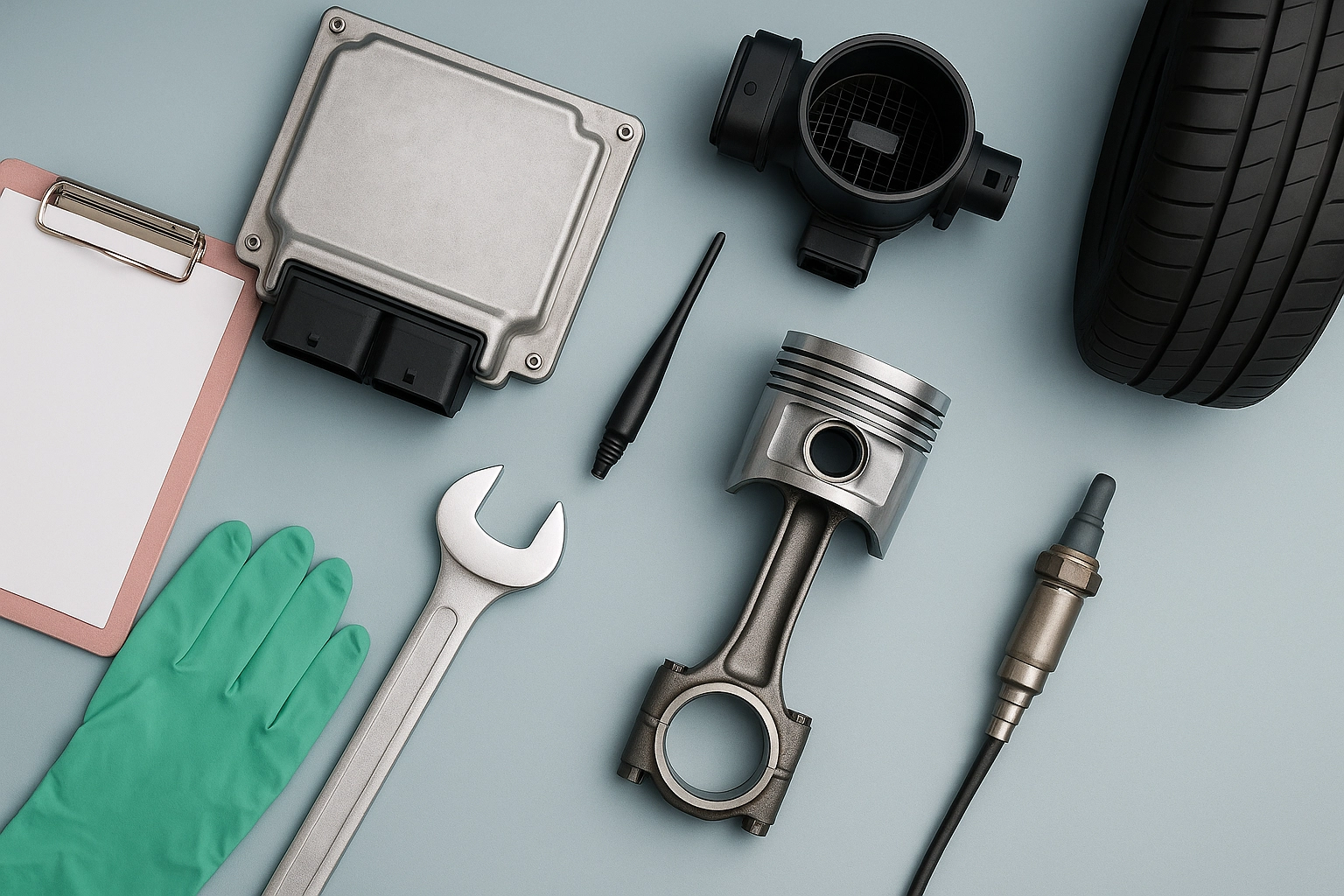SAE J1094 Engine Air Cleaner Validation
The SAE J1094 standard provides guidelines and procedures to validate engine air cleaners, ensuring their performance in protecting the internal combustion engines from dust, dirt, and other contaminants. This service focuses on the rigorous testing methods employed by our laboratory to meet these standards.
Engine air cleaner validation is crucial for maintaining optimal engine efficiency and longevity. The primary objective of this test is to ensure that the air filter system can effectively remove particulate matter from the incoming air, thereby preventing damage to critical components within the engine. By adhering to SAE J1094 guidelines, we guarantee that our clients receive reliable and efficient engine protection.
The testing process involves several key steps. Initially, a representative sample of the air cleaner is prepared for testing according to specified dimensions and material types outlined in the standard. This ensures consistency across all tests conducted on similar products.
Once prepared, the air cleaner undergoes particle retention efficiency testing using various particle sizes (ISO 5011 or ASTM D7649). These tests measure how well the filter captures different sized particles, which is a critical factor in determining its effectiveness. Additionally, pressure drop measurements are taken throughout this process to assess any potential changes in airflow resistance caused by the filter.
Air permeability testing (ISO 5278) also plays an important role in evaluating the air cleaner's performance as it determines how easily air can pass through the filter without compromising its filtration capabilities. This test helps ensure that while protecting against contaminants, the air flow remains sufficient for proper engine operation.
In addition to these physical tests, visual inspection and dimensional checks are performed to confirm compliance with specified dimensions and material properties as per SAE J1094 requirements. Any deviations found during this phase must be addressed before proceeding further in the validation process.
Finally, after completing all necessary tests, detailed reports are generated summarizing each test result along with recommendations for improvements if any issues were identified during testing. These comprehensive reports provide valuable insights into not only how well your product meets current standards but also potential areas where enhancements could be made to improve overall performance.
- Environmental and Sustainability Contributions
- Incorporation of recycled materials in manufacturing processes
- Reduction of waste during production by optimizing material usage
- Development of more efficient air cleaners leading to lower fuel consumption and emissions
Industry Applications
This service finds extensive application across various sectors, including automotive manufacturers, Tier 1 suppliers, original equipment manufacturers (OEMs), after-market parts providers, and independent testing labs. Automotive OEMs rely heavily on this validation process to ensure that their engine air cleaners meet stringent quality control standards before being installed in vehicles.
Tier 1 suppliers also benefit greatly from such rigorous testing as it helps them maintain consistent product quality throughout the supply chain. After-market parts providers can use these results to gain competitive advantage by demonstrating superior filtration capabilities compared to OEM products. Independent testing labs often utilize SAE J1094 validated data when comparing different brands or models of air cleaners.
The demand for reliable engine air cleaner validation continues to grow as emission regulations become more stringent worldwide. Automotive manufacturers are under increasing pressure to reduce harmful emissions while maintaining high levels of performance and reliability within their engines. By adhering to SAE J1094 standards, they can confidently meet these challenges.





